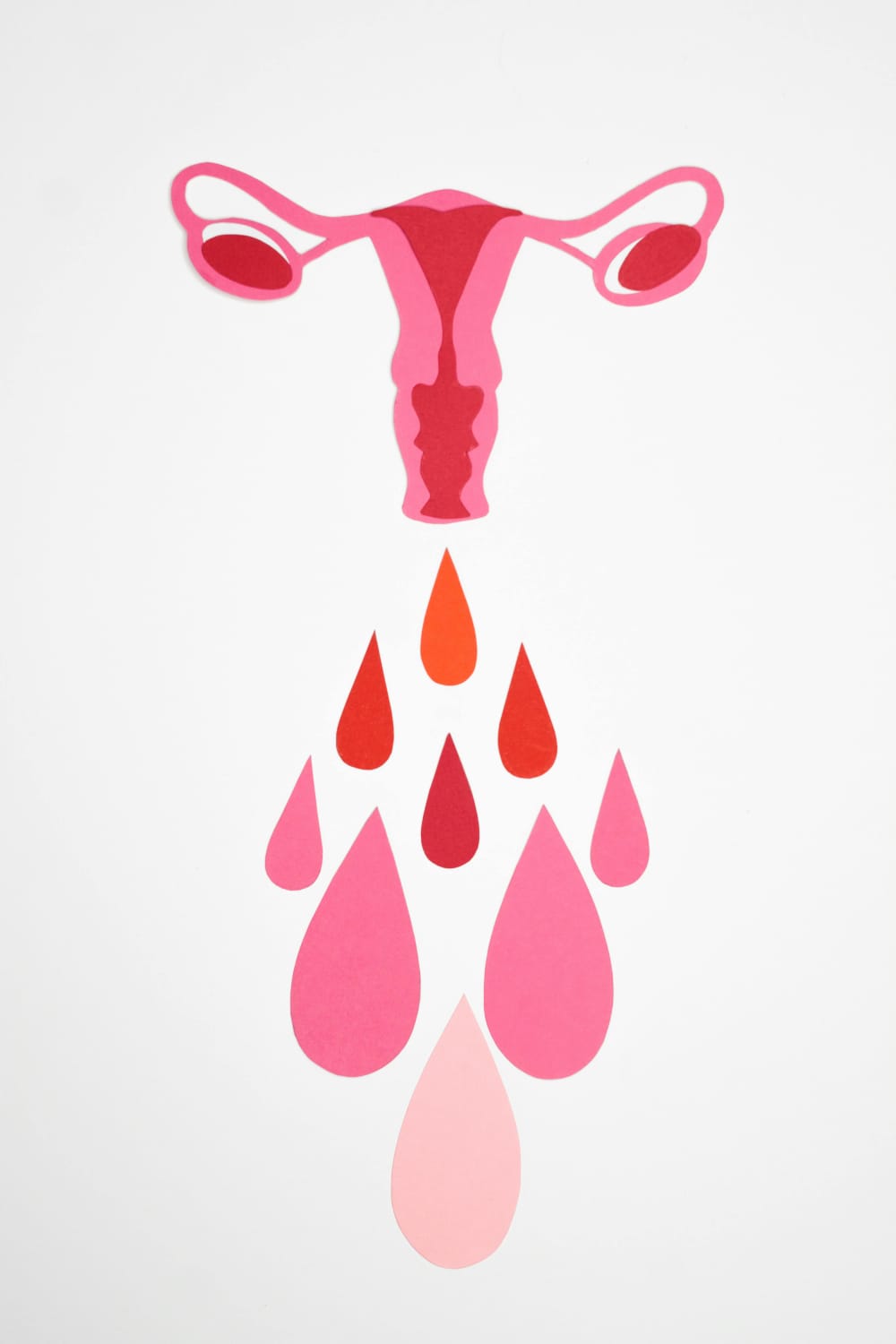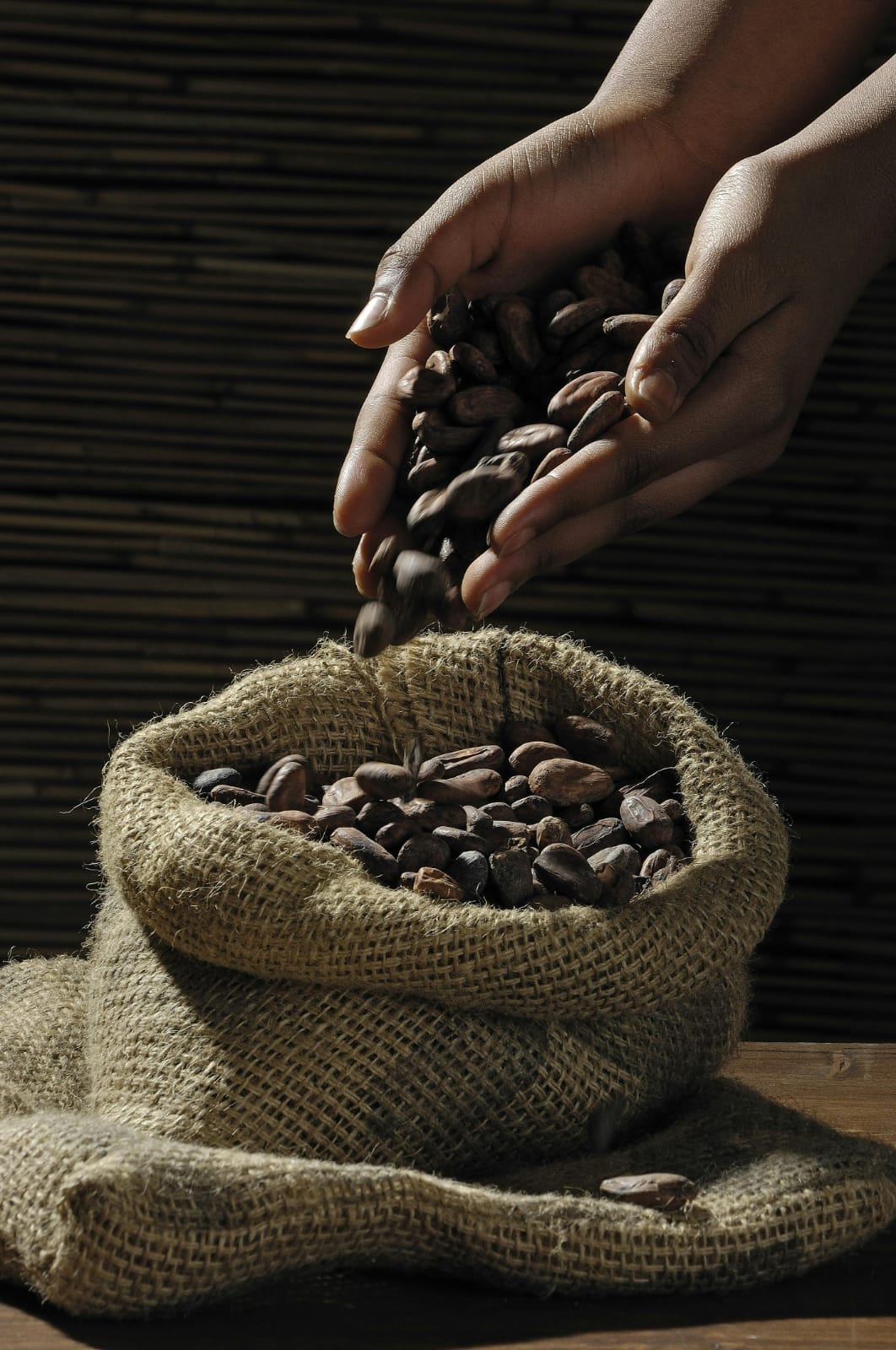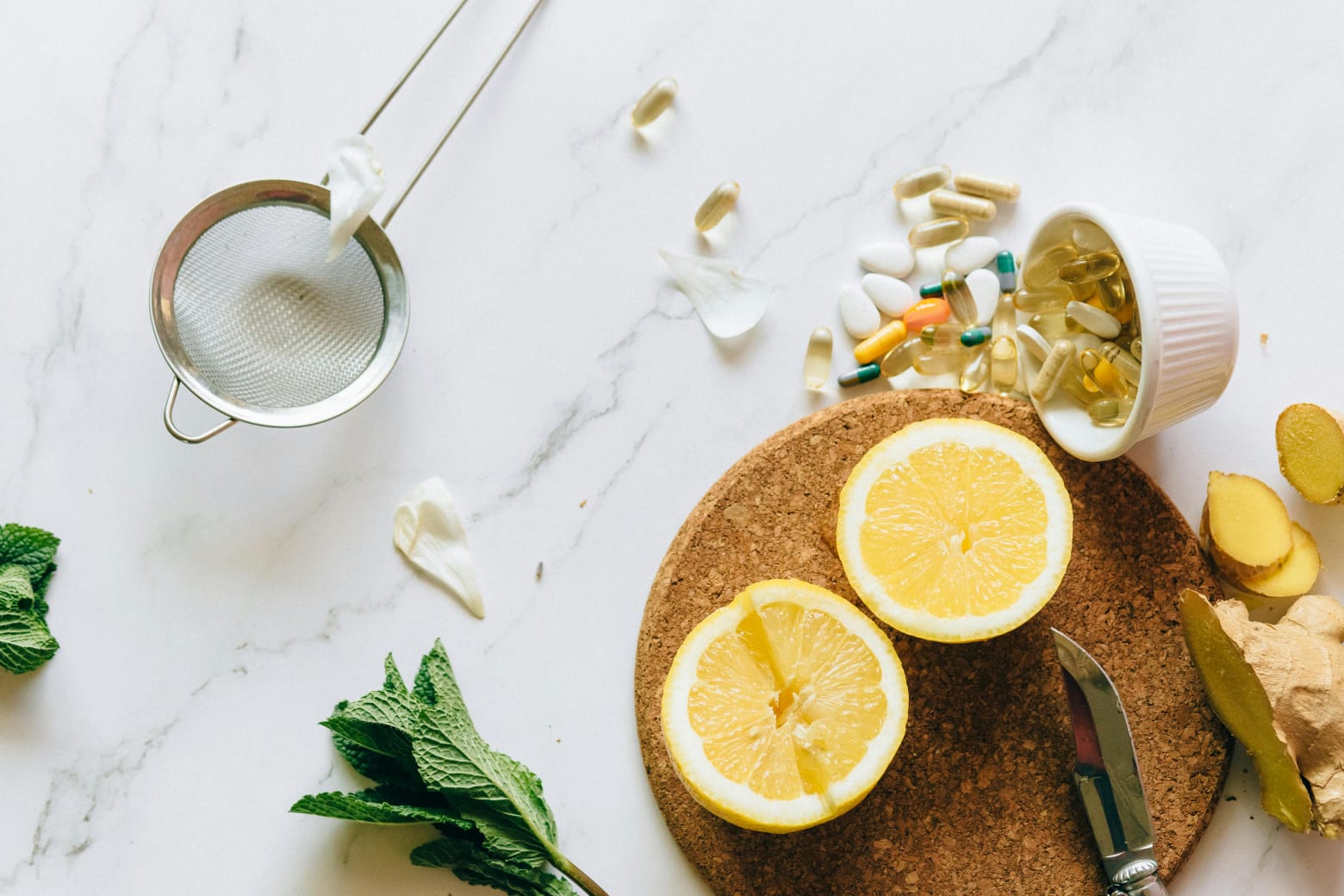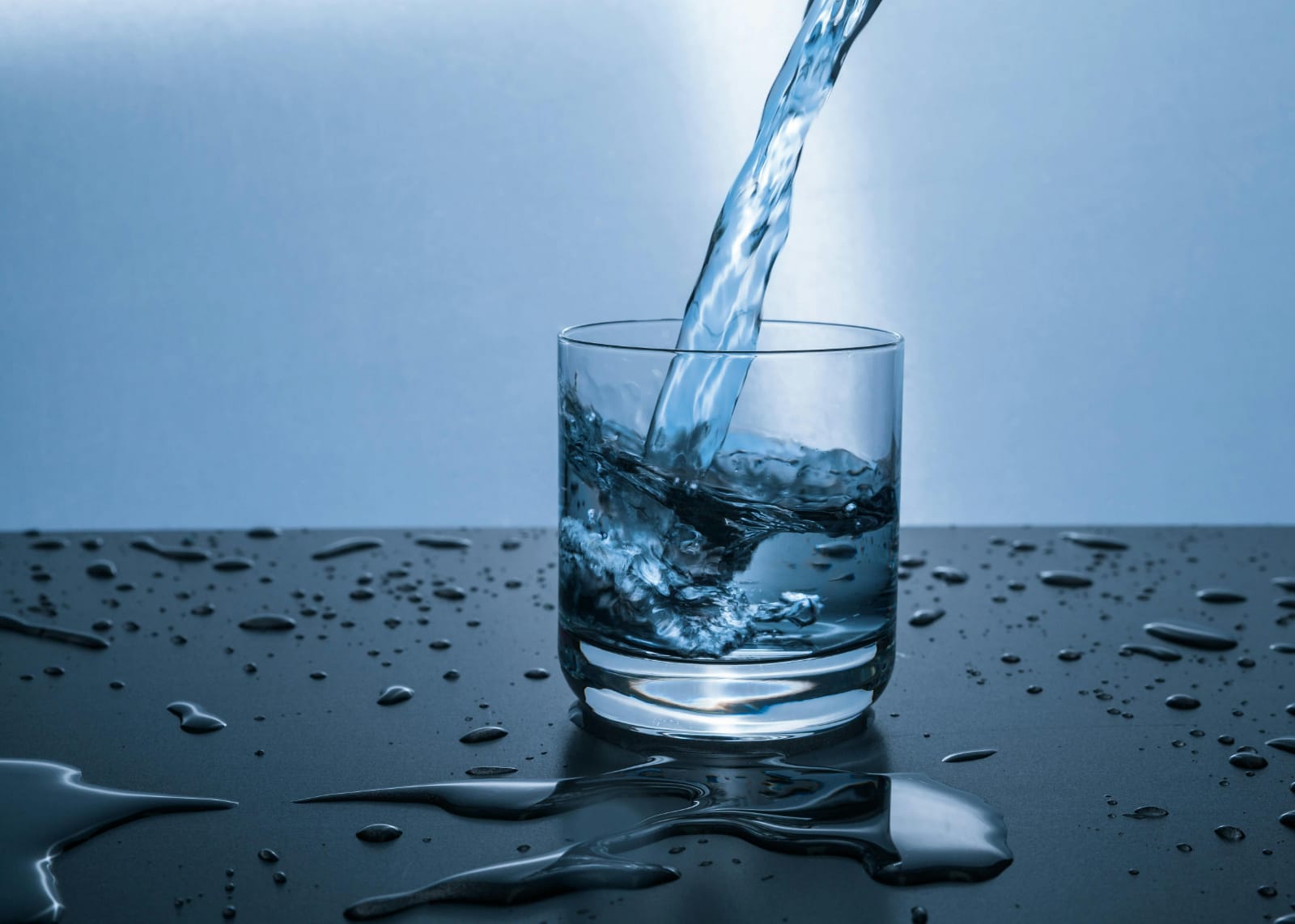What is PCOS | Causes Of PCOS ( Polycystic Ovary Syndrome) and Diet Tips for PCOS
Polycystic ovary syndrome (PCOS) is a hormonal disease that affects women of childbearing age (15 to 44 years). Between 2.2% and 26.7% of women in this age group have PCOS. Many women have PCOS but may not know it. In one study, up to 70 percent of women with PCOS were undiagnosed. PCOS affects the ovaries, the inner layer of the uterus that produces estrogen and progesterone, which regulate menstruation. The ovaries also produce small amounts of male hormones called androgens. The ovary releases an egg every month to be fertilized by the male sperm. This process is called ovulation.

Hormonal Regulation of the Ovary:
The ovary is regulated by follicle stimulating hormone (FSH) and luteinizing hormone (LH) produced by the pituitary gland. FSH stimulates the ovaries to produce follicles (egg-containing sacs) and then LH stimulates the ovaries to release larger eggs.
Key features of PCOS:
PCOS is a "syndrome" or symptom that affects the ovaries and ovarian function. Its three main features are:
1.Ovarian Cysts:
Many small, fluid-filled sacs called cysts develop in the ovaries. The word "polycystic" means "many cysts."
2.High androgen levels:
PCOS is often associated with high androgen hormone levels.
3.Irregular or Absent Menstruations:
Women with PCOS often have irregular or no menstrual periods due to their ovaries.
Causes of PCOS:
Doctors aren't sure what causes polycystic ovaries. High male hormone levels in women with PCOS are thought to reduce ovarian hormone production and inhibit egg development. Reproductive system, insulin resistance, and inflammation have all been associated with excess androgen production.
PCOS Symptoms:
Some women may experience symptoms during their first menstrual period. Others only become aware of their condition when they gain weight or have difficulty getting pregnant. The most common symptoms of PCOS are:- Irregular menstruation- Heavy bleeding during pregnancy- Hair growth on the face and body (hirsutism) - Acne br>- Weight gain or obesity - Male pattern baldness- Dark skin- Headache cover.
Diet Tips for PCOS:
Add baked or fish rich in omega-3, such as grilled salmon. -Use olive oil instead of sugar or margarine. - Choose protein-rich beans and other non-starchy vegetables. - Brown rice, oats etc. Contains whole grains such as: - Eat whole fruits, not juice. - Eating foods high in fiber can help keep you full, aid digestion, and reduce blood sugar absorption.
Conclusion:
Polycystic ovary syndrome is a complex hormonal disorder that affects female development and causes many symptoms. Although the exact cause is not fully understood, genetic factors, insulin resistance and inflammation are believed to play a role. Management often involves lifestyle changes, including dietary changes, to reduce symptoms and improve overall health. It is important for women with PCOS to talk to a doctor about self-treatment and management strategies.
Recommended Blogs


Mansab Ali


Mansab Ali


Mansab Ali



